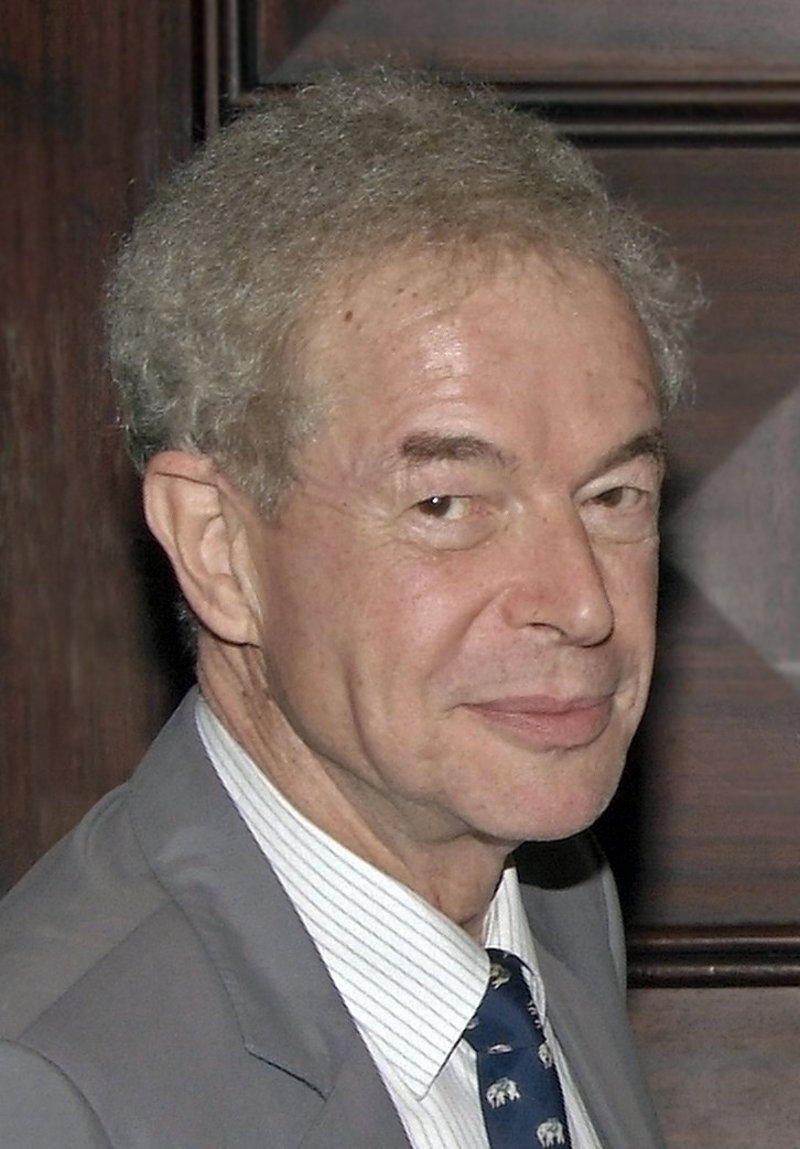Obituary Prof. Dr. Günter Dreyer

Günter Dreyer © DAI Kairo // Anonym
Günter Dreyer was born on October 5th, 1943 in Schwichteler (Niedersachsen/Germany). After an education and subsequent employment as a chemical laboratory assistant, he studied Egyptology, Assyriology and Near Eastern Archaeology at the University of Hamburg and the Free University of Berlin from 1969-1978. At an early point during his graduate studies, Günter Dreyer participated in various excavations in the Near East and in Egypt, esp. in the Temple of Sethi I on the West Bank of Luxor and on Elephantine Island. In 1978, he received his Ph.D. from the Free University of Berlin with a thesis on “Tempelweihgaben der Frühzeit und des Alten Reiches”.
In the same year, he joined the German Archaeological Institute Cairo as a scientific member and subsequently undertook excavations at Elephantine, in the Wadi Garawi, and since 1980 at Umm el-Qaab in Abydos, initially together with Werner Kaiser, and from 1985 as the project’s director. From 1987-1988, he was appointed as a lecturer at the Free University of Berlin. In 1988, Günter Dreyer was appointed the position of the deputy director of the German Archaeological Institute Cairo, and he filled this position until 1999, when he was elected director of the Institute’s Cairo department. He held this position until his retirement in 2008.
Already during the early 80s, the predynastic and early dynastic cemeteries of Umm el-Qaab became the centre of Professor Dreyer’s archaeological and scholarly interests. His re-excavations and re-examinations of the tombs of late predynastic and early dynastic Egyptian rulers and their contemporaries over the course of more than three decades will remain the most visible and enduring results of his scholarly achievements. Besides his main interest in the early dynastic structures and the formation of the early Egyptian state, Günter Dreyer augmented his scholarly work with further archaeological investigations, e.g. at the small-scale pyramid of Sinki, in Gizeh, and in the large royal tomb complexes of the kings of the 2nd dynasty at Sakkara.
One of his gifts was, doubtlesly, an impressing abundance of patience, both with regards to extremely fragmented objects and the smallest architectural remains, from which he tried to obtain a maximum of information for the reconstruction of the past. During extended discussions, Günter Dreyer also showed the ability to inspire younger colleagues and members of his team for topics centering around the early periods of Ancient Egyptian history and society.
To all who knew him, Günter Dreyer will be remembered as a gifted teacher, a charming speaker, a meticulous scholar, and an amiable colleague.
Daniel Polz – Stephan Seidlmayer


